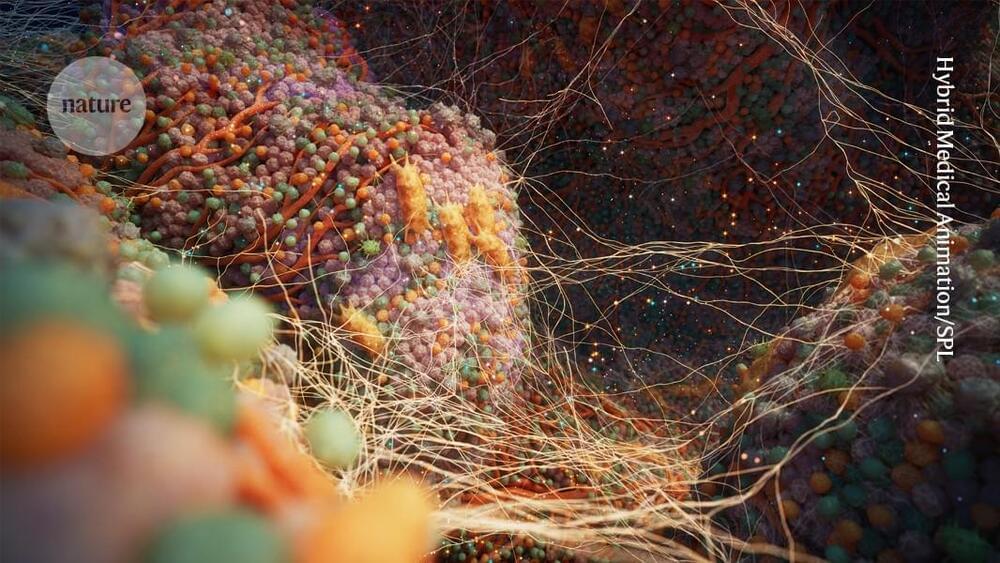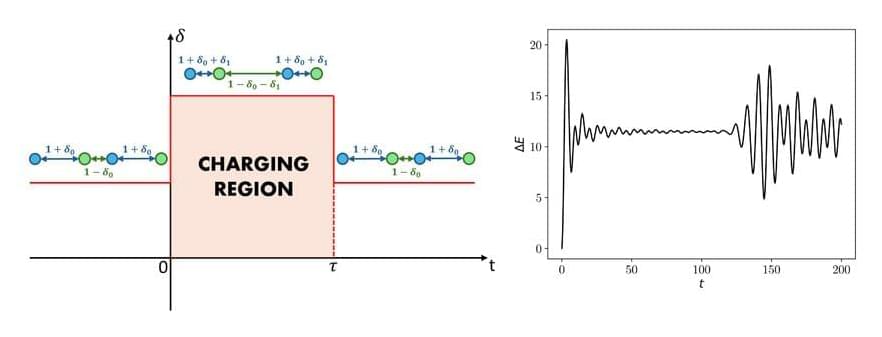Two parts of our Universe that seem to be unavoidable are dark matter and dark energy. Could they really be two aspects of the same thing?
Get the latest international news and world events from around the world.

There’s Something Very Strange About Our Galaxy
New findings suggest our galaxy’s evolutionary history is strikingly different from all the others.
Researchers have found that there’s something highly unusual about the Milky Way that sets it apart from galaxies which, on a surface level, appear similar.
As detailed in three recent papers published in The Astrophysical Journal, a team of researchers examined a mountain of data as part of the Satellites Around Galactic Analogs (SAGA) survey, which was dedicated to comparing the Milky Way to 101 other galaxies that are similar in mass.
The distinction is technical but significant, the researchers say: they found that the Milky Way has surprisingly few smaller satellite galaxies compared to its peers — and some of them have mysteriously stopped forming new stars.



Pancreatic Cancer Surge May Be Less Worrisome than It Seemed
One of the first warnings came in a paper published in 2021. There was an unexpected rise in pancreatic cancer among young people in the United States from 2000 to 2018. The illness can be untreatable by the time it is discovered, a death sentence.
With publication of that report, by Dr. Srinivas Gaddam, a gastroenterologist at Cedars-Sinai Medical Center, researchers began searching for reasons. Could the increase be caused by obesity? Ultraprocessed foods? Was it toxins in the environment?
Alternatively, a new study published on Monday in The Annals of Internal Medicine suggests, the whole alarm could be misguided.

What’s the secret to living to 100? Centenarian stem cells could offer clues
From the article:
Scientists in Boston, Massachusetts have made reprogrammed stem cells from the blood of centenarians.
Centenarians offer an opportunity to study longevity. People who’ve lived to 100 have an amazing ability to bounce back from insult and injury, says George Murphy, a stem-cell biologist at the Boston University Chobanian & Avedisian School of Medicine. One centenarian he knows recovered from the 1912 Spanish flu and COVID-19, twice. One theory that explains centenarians’ robust age is that they possess a genetic makeup that protects them from diseases.
But testing that idea is a challenge. People of that age are rare, which makes blood and skin samples from them a precious resource for research. That gave Murphy and his colleagues the idea to create a bank of centenarian cells that could be shared among scientists.

Scientists identify a form of vitamin B6 as a means of engaging tumor-reactive immune cells
Effective immunity hinges on the ability to sense infection and cellular transformation. In humans, there is a specialized molecule on the surface of cells termed MR1 allows sensing of certain small molecule metabolites derived from cellular and microbial sources; however, the breadth of metabolite sensing is unclear.
Published in PNAS, researchers at the Monash University Biomedicine Discovery Institute have identified a form of vitamin B6 bound to MR1 as a means of engaging tumor-reactive immune cells. The work involved an international collaborative team co-led by researchers from the University of Melbourne.
According to Dr. Illing, “Our findings suggest that vitamin B6 molecules displayed by MR1 represent a means for the immune system to detect altered cellular metabolism/metabolite levels, that may distinguish cancer cells,” she said.

New spin quantum battery can be charged without an external field
Over the past few years, some researchers have been working on alternative energy storage systems that leverage the principles of quantum mechanics. These systems, known as quantum batteries, could be more efficient and compact than conventional battery technologies, while also achieving faster charging times.
In a recent paper published in Physical Review Letters, a research group at University of Genova introduced a new spin quantum battery, a battery that leverages the spin degrees of freedom of particles to store and release energy. This battery is charged in a unique and advantageous way, without the need for an external field.
“Quantum many-body theory and non-equilibrium physics are traditional topics in the quantum condensed matter theory group led by Maura Sassetti at University of Genova,” Dario Ferraro, senior author of the paper, told Phys.org.


A Common Blood Pressure Drug Extends Lifespan And Slows Aging in Animals
The hypertension drug rilmenidine has been shown to slow down aging in worms, an effect that in humans could hypothetically help us live longer and keep us healthier in our latter years.
Previous research has shown rilmenidine mimics the effects of caloric restriction on a cellular level. Reducing available energy while maintaining nutrition within the body has been shown to extend lifespans in several animal models.
Whether this translates to human biology, or is a potential risk to our health, is a topic of ongoing debate. Finding ways to achieve the same benefits without the costs of extreme calorie cutting could lead to new ways to improve health in old age.